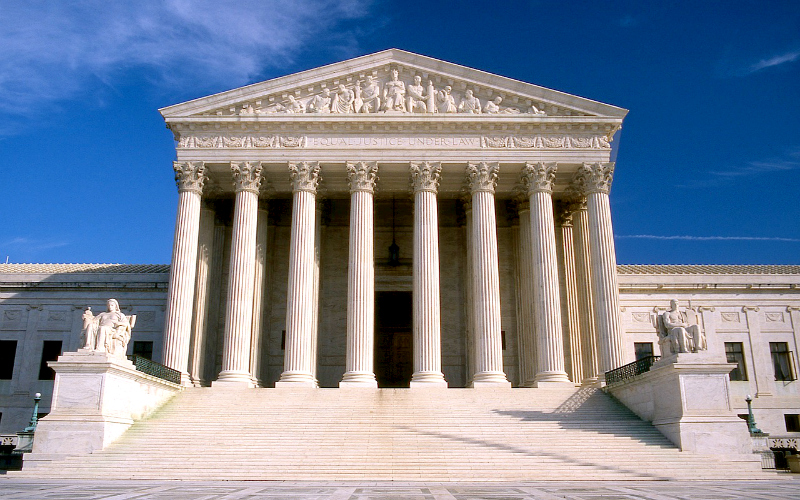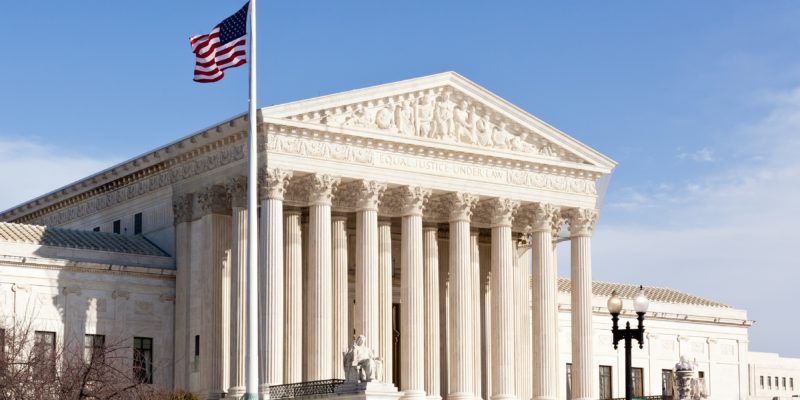Today I have an opinion piece at The Hill, arguing that the Supreme Court should rule in favor of religious organizations, including the Catholic charity Little Sisters of the Poor, Guidestone Financial Resources and other Baptist institutions. against the Obama administration. Oral arguments are being heard this week.
Here’s an excerpt:
I believe that every person will stand before the Judgment Seat of Christ, and give an account for their life, including how we spent our resources. You don’t have to agree with me on that, or on abortion or on anything else. I don’t even agree with the Little Sisters on their views on the morality of contraception. That doesn’t matter. What matters is that the ministries themselves sincerely believe what the government demands of them is wrong. The government’s theology lesson to these ministries is an expensive one—threatening massive fines every year. The Little Sisters alone face a staggering $70 million penalty just to continue serving elderly poor people as they have for 175 years.
You can read the full editorial here.
The government’s pursuit of Little Sisters of the Poor, Guidestone, and other religious groups is yet another example of how often cultural elites misunderstand not only religious liberty but religious belief itself. This shows up in almost all of these conversations, whether this case or the legislative attempts to codify RFRA. If one cannot empathize with why defying conscience on a matter of religious exercise is a life-or-death concern, then one is free to impute all sorts of evil motives. Why doesn’t the employee at Abercrombie and Fitch just ditch the head scarf to work there? After all, that’s just fashion. Why won’t the Amish just drive in cars down the road like “regular people” do?
When secularized or nominally religious people don’t understand religious motivation, then they are going to assume that, behind a concern for religious exercise, is some sinister agenda: usually one involving power or money. That sort of ignorance is not just naive. It leads to a breakdown of pluralism and liberal democracy. I shouldn’t have the power to mandate that a Jain caterer provide wild game for some Baptist church’s Duck Dynasty-themed “Beast Feast,” just because I don’t understand their non-violent tenets toward all living creatures. I shouldn’t be allowed to require Catholic churches to use grape juice instead of wine just because I don’t understand transubstantiation.
This is particularly problematic when widespread ignorance of religious motivation is joined with a zealotry that can only be called religious: for the stamping out of all dissent against the sexual revolution. The sexual revolutionaries are, by all accounts, winning the public debate in American life on matters of sexual freedom, right down to the redefinition of marriage and family. But that’s not enough. Many of them want not only to win, but to stamp out dissent with all the relish of a Massachusetts Bay Puritan.
And, behind all of that, is the question, often backed by powerful corporate interests, of why the rest of America can’t just get on board with a vision of the good life that is defined by economic stability and sexual libertarianism. Why can’t the rest of us just be “normal?” That sort of political hegemony never ends well, for anyone.







